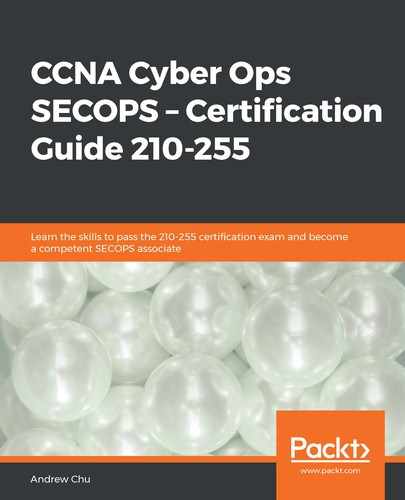There are a variety of different reasons to conduct an investigation, each with different requirements as to the standard of evidence. In addition to the standard, there is also a burden on the investigator to present the evidence in different ways for each environment.
In this section, you will learn how to differentiate between best, corroborative, and indirect evidence. You will be able to describe why these are, and are not, useful to the investigator.
In general society, forensics relates to the preparation of criminal proceedings. Indeed, public investigations – resolved in a court of law – is also an important category of digital forensic work. Public investigations do not necessarily have to be in the public domain; this term refers to the idea of independent judgment.
Investigations can also be held privately – normally regarding a single person of interest – either on behalf of another, or on behalf of a corporation. These investigations are most often judged between the parties, rather than an outside organization.
Finally, an individual may investigate for their own curiosity. There is normally minimal judgment made, or a resultant consequence.
